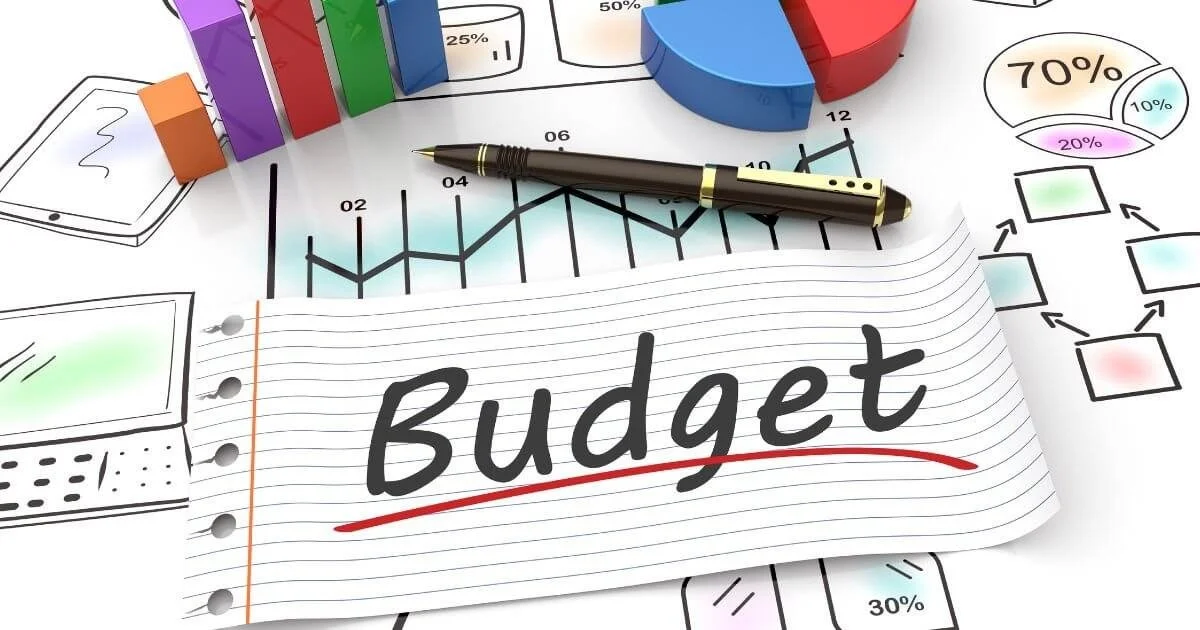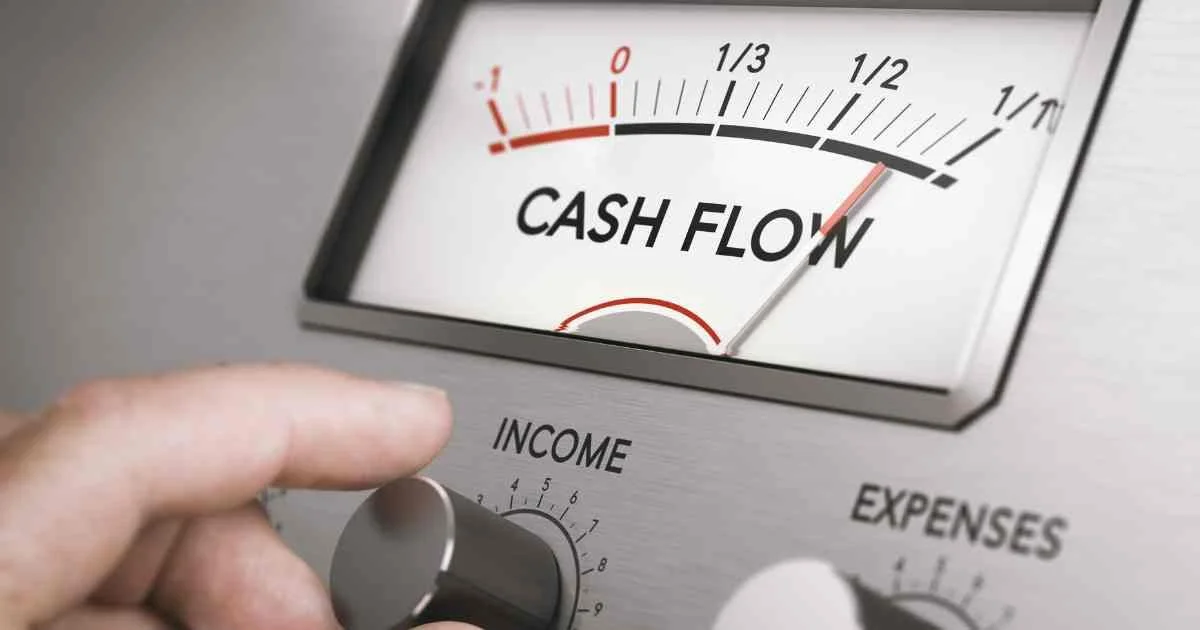6 Tips On How To Manage Money In A Small Business
As a retail business owner, the perpetual demands of daily operations can easily overshadow crucial tasks, and understanding financial metrics often falls into the category of tasks to postpone for another day.
Yet, delaying this vital responsibility can pave the way for chaos. Effective money management is not just a task; it's a necessity as a retailer.
Here are six practical tips designed to guide you on how to manage money in a small business while maintaining organization amid the daily hustle and bustle.
Budgeting and Financial Planning
Effective business expense management as a retailer starts with practical budgeting and financial planning. It's not just about keeping tabs on expenses; it's a strategic process aligning every financial decision with overarching business goals. Learning how to manage your business finances involves creating a budget that serves as a financial roadmap, helping control expenditures and identify growth opportunities.
Clear Financial Goals
Setting clear financial goals is essential for making informed decisions. Understanding how do small business manage money begins with establishing a vision—defining where the business aims to be financially. Whether it's expanding operations, increasing profits, or weathering economic challenges, well-defined goals act as a guide, directing money management decisions towards long-term success.
2 . Tracking Cash Flow
Accurate record-keeping stands as the backbone of effective money management in retail. From manual spreadsheets to digital tools, find the approach that suits your business best. Streamlining this process ensures you have a real-time understanding of your cash flow, empowering you to make timely adjustments and strategic decisions.
3. Managing Cash Flow
Understanding how to manage money in a small business is incomplete without a deep dive into the critical aspect of cash flow in business. As well as tracking your cash flow, retailers should get a better understanding on how to manage their cash flow.
Implementing effective strategies involves optimizing inventory turnover, streamlining invoicing and payment cycles, and staying vigilant with financial monitoring. Learn how to manage your business finances in the dynamic retail sector by fostering strong supplier relationships and negotiating favorable payment terms.
4. Tax Planning
Starting tax planning early is a smart financial move for retail business owners. To figure out how to effectively manage your business finances, kick off early planning by putting aside funds consistently throughout the year. Steer clear of the stress of last-minute rushes by taking a proactive approach, maintaining a stable and predictable financial landscape.
Utilizing Last Year's Tax Return
An effective strategy for retail business owners to determine the appropriate amount to set aside involves a retrospective glance at last year's tax return. By leveraging this historical data, you can make informed decisions on how do small business manage money in the context of taxes. This proactive approach not only prevents last-minute surprises but also provides the financial foresight necessary for the sustained success of your retail business.
5. Have Buckets
When considering how to manage your business finances effectively, the concept of having buckets in your accounts proves invaluable. Designate specific buckets for various financial purposes, such as operating expenses, taxes, and owner's funds. This deliberate allocation facilitates a clear and organized financial structure, allowing for better control and planning throughout the year.
Paying Yourself First
By allocating funds to an owner's account before addressing other business expenses, you prioritize personal compensation. This strategic move ensures that your business operates on a leaner budget, fostering efficiency and sustainable financial practices.
6. Seek Assistance
When it comes to figuring out how to manage money in a small business, getting some expert help can make all the difference, especially for retail business owners.
Tap Into A Bookkeeper's Expertise
Boosting your understanding of how do small business manage money can be as simple as teaming up with a skilled bookkeeper. They handle the nitty-gritty of record-keeping and ensure your financial reports are spot on. This frees up your time to focus on the heart of your retail business.
Connect With A Retail Business Coach
Now, if you're looking to take things up a notch, consider partnering with a retail business coach. These pros go beyond just telling you how to manage money for small business; they help you bring about real change in your store. From decoding financial reports to plotting out strategies for growth, a coach becomes a trusted companion in your journey of how to manage money in small business. Their expertise adds depth to your understanding of the numbers, empowering you to make savvy decisions for your retail venture.
So, there you have it – a tailored guide on mastering how to manage money in a small business, crafted with retail business owners in mind. From creating financial buckets to tapping into professional help, these strategies offer a roadmap for financial success. Remember, paying yourself first, adopting digital tools, and staying on top of taxes are pivotal in how do small business manage money effectively.
For help on how to manage money in your store, apply to work with me here.






